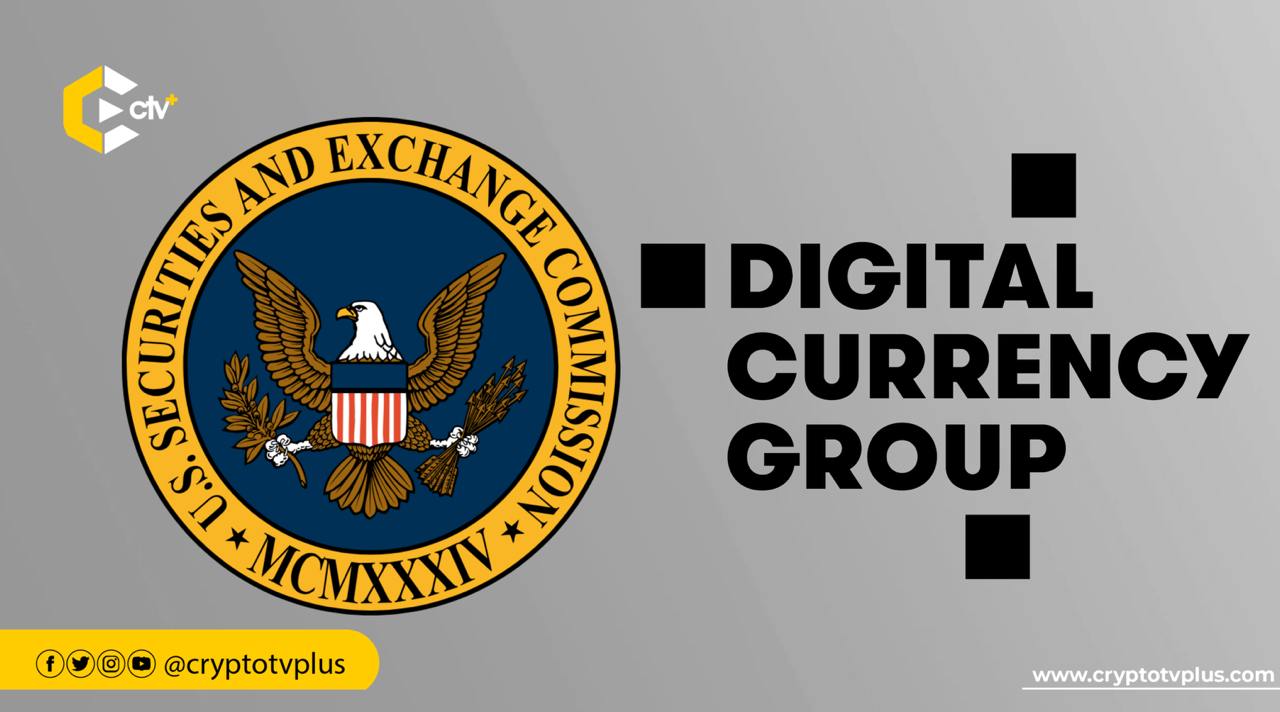News
U.S. SEC fines Digital Currency Group $38M for misleading investors

Digital Currecy Group (DCG) will pay $38 million in fines to the U.S. Securities and Exchange Commission (SEC) for misleading investors.
The U.S. Securities and Exchange Commission (SEC) noted that DCG misled investors about the financial stability of its subsidiary, Genesis Global Capital, and fined the former CEO of Genesis, Soichiro “Michael” Moro, an additional $500,000 for his role in the case.
Everything began in June 2022 when Three Arrows Capital (3AC), a now-defunct crypto hedge fund and Genesis’s largest borrower, defaulted on a $2.4 billion loan. As a result, Genesis lost more than $1 billion. However, instead of disclosing these significant losses to investors, DCG and Genesis falsely portrayed an optimistic picture of the company’s financial health.
The SEC discovered that DCG used a $1.1 billion promissory note to make Genesis’s balance sheet appear stable, even though this move did not actually inject any funds into the company. At the same time, Moro made public statements claiming Genesis had “dequate capital to operate and scale our business for the long-term” and had “shed risks” associated with 3AC. These statements, some of which were amplified on social media by DCG executives, were later found to be false.
By late 2022, Genesis was overwhelmed with requests from clients trying to withdraw their funds. This led to the suspension of withdrawals in November and the company’s eventual bankruptcy filing in January 2023.
This collapse severely affected the “Earn” program, which Genesis operated in partnership with the Gemini cryptocurrency exchange. The program, which allowed customers to earn interest on digital assets, left 230,000 investors without access to their funds.
The SEC has charged Digital Currency Group with breaching Section 17(a)(3) of the Securities Act, a regulation aimed at preventing misleading practices in securities sales. This particular rule doesn’t require evidence of deliberate wrongdoing but instead focuses on careless behavior.
The SEC has mandated that Digital Currency Group cease any violations, whether direct or indirect, under Section 17(a)(3) of the Securities Act. The company is required to hand over a $38 million fine to the SEC within the next 14 days, which will be directed to the U.S. Treasury. Failure to pay on time will result in accruing additional interest until the debt is settled.
Regulating the crypto space in the U.S. has proven challenging due to rapid technological advancements, a lack of clear legal guidelines, and jurisdictional issues. A significant problem lies in the ambiguity of classifying cryptocurrencies as securities, commodities, or something else entirely. This uncertainty has created confusion among regulators like the SEC and the CFTC regarding jurisdiction.
Beyond DGC, the U.S. Securities and Exchange Commission (SEC) has taken legal action against numerous crypto firms over the years, including major players such as Ripple, Coinbase, Binance, and FTX. These cases often involve allegations of unregistered securities offerings, fraud, and deceptive practices.
Notable actions include cases against BlockFi, Poloniex, and Terraform Labs, among others. In total, more than 50 crypto-related entities and individuals have faced SEC charges.













Pingback: Crypto developer sues U.S. Attorney General, challenges software regulation | CryptoTvplus - The Leading Blockchain Media Firm